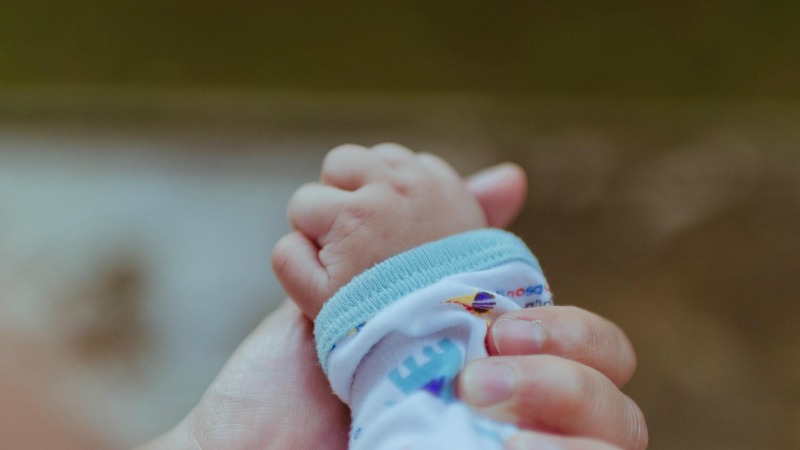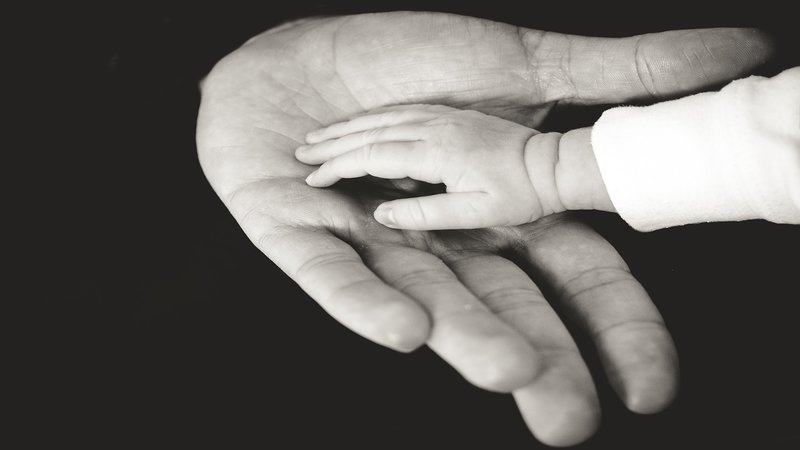This Saturday, my five sons and I took in Disney’s new live-action version of The Jungle Book. The story is a familiar one—from Rudyard Kipling’s book to the Cub Scout oaths to Disney’s previous cartoon film—but the visual representation is stunning, especially in 3-D. My sons—from ages fourteen to four—were riveted, and so was I. But I’ll admit I squirmed a bit through parts of the film, as I knew I would. Two of my sons were adopted as babies, and I wonder through every version of this story how my family will process the subtext of identity and belonging.
For those of you not familiar with the tale, Mowgli is a “man-cub” who is found by a panther as a toddler and raised by a family of wolves, within a larger pack. Mowgli clearly doesn’t belong because (spoiler alert) Mowgli is not actually a wolf. He is warned to stop using his “tricks” (use of tools) because they demonstrate how he doesn’t belong. Seeing how he becomes a danger to his pack, he begins a self-imposed exile from his family, hovering just on the periphery of the “man-village,” wondering if he could ever belong there.
By the end of the film, I was convinced that this Disney rendering of Kipling was profoundly pro-adoption after all. Mowgli eventually sees his differences not as a sign that he doesn’t belong, but instead as a new way to belong, to contribute uniquely. He discovers, in other words, what it means to be part of a family.
That message isn’t just one my children need to hear. It’s one I need to be reminded of often. The question of identity and belonging is, after all, the struggle of every Christian. None of us “naturally” belong in the household of God. We are all here through the spirit of adoption, which found us when we were strangers and has made us now children of God, indeed heirs and co-heirs with Jesus himself (Rom. 8:14-17).
That’s true of all of us, regardless of our backgrounds. The early Jewish Christians had a great heritage in the story of Israel, but the story of Israel is itself one of adoption (Rom. 9:4). Israel’s story starts, after all, with Abraham and Abraham wasn’t born Jewish. He wasn’t even born Abraham. Abram was adopted into the family of God, given a new name, a new tribe, and a new inheritance.
Our adoption means that all of us now are attached to Christ Jesus, the obedient Israel of God and the firstborn heir of all of God’s promises (Col. 3:11). We are all now “no longer strangers and aliens” but “fellow citizens with the saints and members of the household of God” (Eph. 2:19).
Our trouble is that we don’t feel like it. The Bible is continually reminding us of who we are. We must then “not longer walk as the Gentiles do” (Eph. 4:17). All our lives, we are learning to grow into our new self, as part of the people of God, who walk not according to the flesh but according to the Spirit. That doesn’t feel “natural” to us, which is why we need the Spirit, joining us to Christ in heaven.
That’s why I smiled at the resolution of this version of The Jungle Book. Mowgli does not see his connection with his pack to be artificial, but at the same time he does not deny what makes him different. That resonates with something Christians should know to be true.
Your background—whatever it was—is of no surprise to God the Father. He sought you out; He really wants you in his household (Eph. 1:11-14). Your adoption does not eradicate your personality and your uniqueness but instead reshapes and re-commissions them. The Apostle Paul considered his background as “rubbish” when it comes to glorying in any of it (Phil. 3:1-11). But it was not a waste. God used the training under Gamaliel, which Saul had used to argue for persecution of the church, to form the vast biblical knowledge from which Paul would write Romans and Galatians.
Do we not often see this within the church? The woman whose organizational know-how was once used to run a strip club prior to her conversion now organizes skillfully the pregnancy resource center. The man who was a drug-dealer pre-conversion now is on the same street corner preaching the gospel. This shouldn’t surprise us. In an adoption, the child doesn’t just find a new place to belong. He or she also enlarges and enriches, and changes, the family. The doctrine of adoption doesn’t just mean that the church is our new home. It means that each part of the Body is intended by God as a gift to the church, deepening the church with more and more diversity of gifts (1 Cor. 12:12-31). The church defines each member, and each member defines and builds up the church.
That’s why I smiled when I heard Mowgli say, “The strength of the pack is the wolf, and the strength of the wolf is the pack.” That’s something to which all Christians, all of us ex-orphans and now beloved children, can say “Amen.”








